The Basics of Science Communication
Topic outline
-
-
Media Training for PhD Students and Researchers
Whether you want to interact effectively with the media, give compelling interviews about your research or share your knowledge of science with a wider audience, this media training can be of help. This one-day training will help you develop your communication skills, improve your appearance in live interview situations, and assist you in becoming a skilled science communicator.
This course is organized in collaboration with the Junior Scientist and International Researcher Center (JUNO) at the Heinrich Heine University Duesseldorf, Germany.Date: September 23, 2022
Time: 10 am to 5 pm
Number of participants: 15
Training location: Online
Who can apply: PhD students, researchers, and instructors of all disciplines
Application open: June 1 - September 22, 2022
Who will benefit from this course?
PhD students and researchers
- seeking to increase the impact of their research by presenting it in the media
- eager to develop their science communication skillset to advance their career
- seeking to improve their appearance in live interview situations on radio and television
- seeking to present their research clearly and in an engaging manner to journalists
- interested in the relationship between science and society
- seeking to share new understandings and science endeavors with a wide audience
What you will learn:
This training will teach you how to share your science effectively with journalists and the media. You will learn how to express complex phenomenon in a simple and pointed way and better capture your audience's attention by creating an inspiring and emotional story of your research. Hands-on exercises will help you develop communication skills to present your topic in a way that is appropriate for the media and target groups - tailored to the expectations of newspapers, radio and TV.
Trainer:
Robert Kötter, managing director of zweirat, is a scientist, trained coach, and rhetoric trainer and frequently an interview partner himself. Since 2005 he has been working as a media trainer for many German universities, such as RWTH Aachen, Humboldt University Berlin and the University of Bonn as well as for large companies.
-
